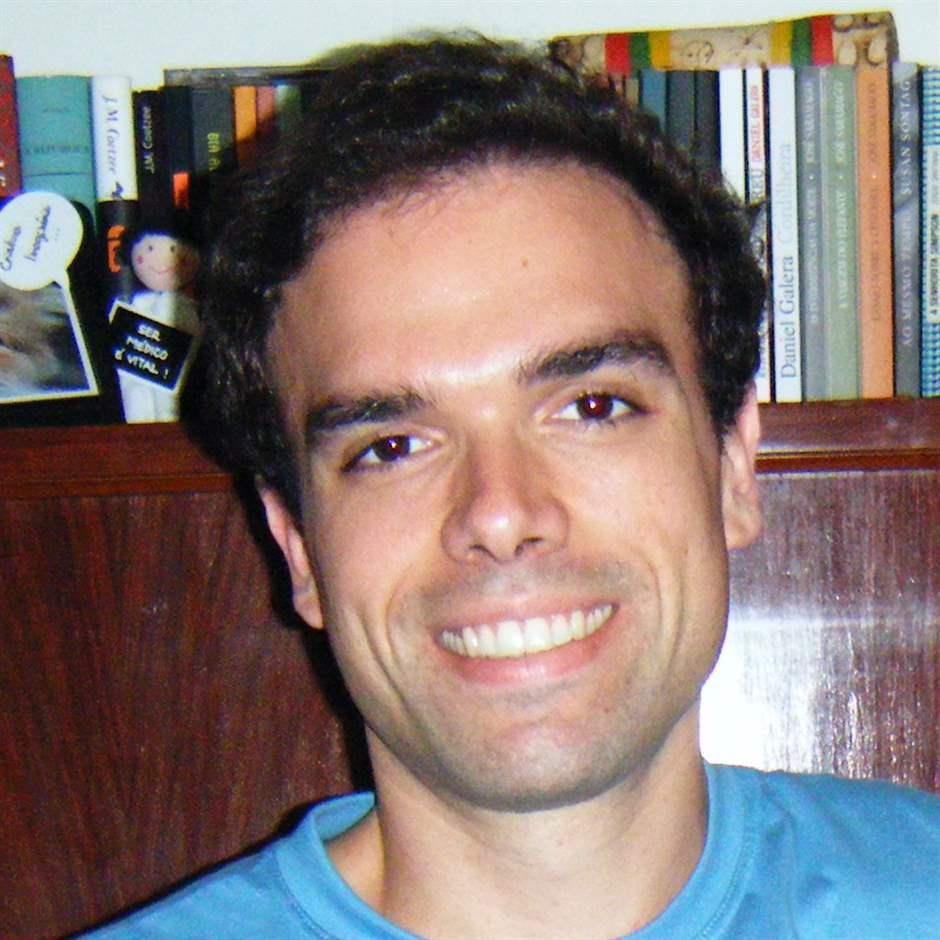João P. Monteiro, Ph.D.

- Title
- Scientific Editor
- Address
- 600 Technology Square
- City, State, ZIP
- Cambridge, MA 2139
- Country
- United States
- Phone
- 617-382-2152
- [email protected]
- Research field
- Immunology
- Award year
- 2009
- Country of origin
- Brazil
- Mentor name
- Ronald N. Germain, Ph.D.
Research
Recent advances in high resolution imaging technology have enabled the direct analysis of immune cell activity in intact tissues and organs in a living host. Using these new methods based on 2-photon microscopy, cell-cell interactions during the process of antigen recognition, the acquisition of effector functions, and the development of humoral responses have been directly observed and analyzed. New information about physical and chemical cues that guide productive immune cell migration and interaction have been revealed, the interface between the innate and adaptive limbs of the immune system has been explored, and the interactions of immune cells and tumors or infectious agents have been visualized. My research is focused on the use of advanced live imaging techniques to study immunological memory, a very important but still incompletely understood aspect of immunity. Specifically, I am looking at CD4+ T cells and how their dynamic behavior may differ from naïve T cells in secondary lymphoid organs. Using TCR transgenic memory cells generated in vivo and labeled with fluorescent dyes or genetic fluorescent markers including reporters for cytokine gene expression, we will study (i) the general pattern of migration, dynamic behavior, and interaction with antigen-presenting cells, (ii) behavior in the presence of cognate antigens, (iii) dynamics of reactivation, (iv) interaction with lymph node stromal cells, and (v) molecular control of migration and localization. These data will be used to better understand how memory cells give rise to more rapid immune responses, how memory responses interface with those of naïve cells, and how memory cells can be best re-activated to participate in control of tumors and pathogens.